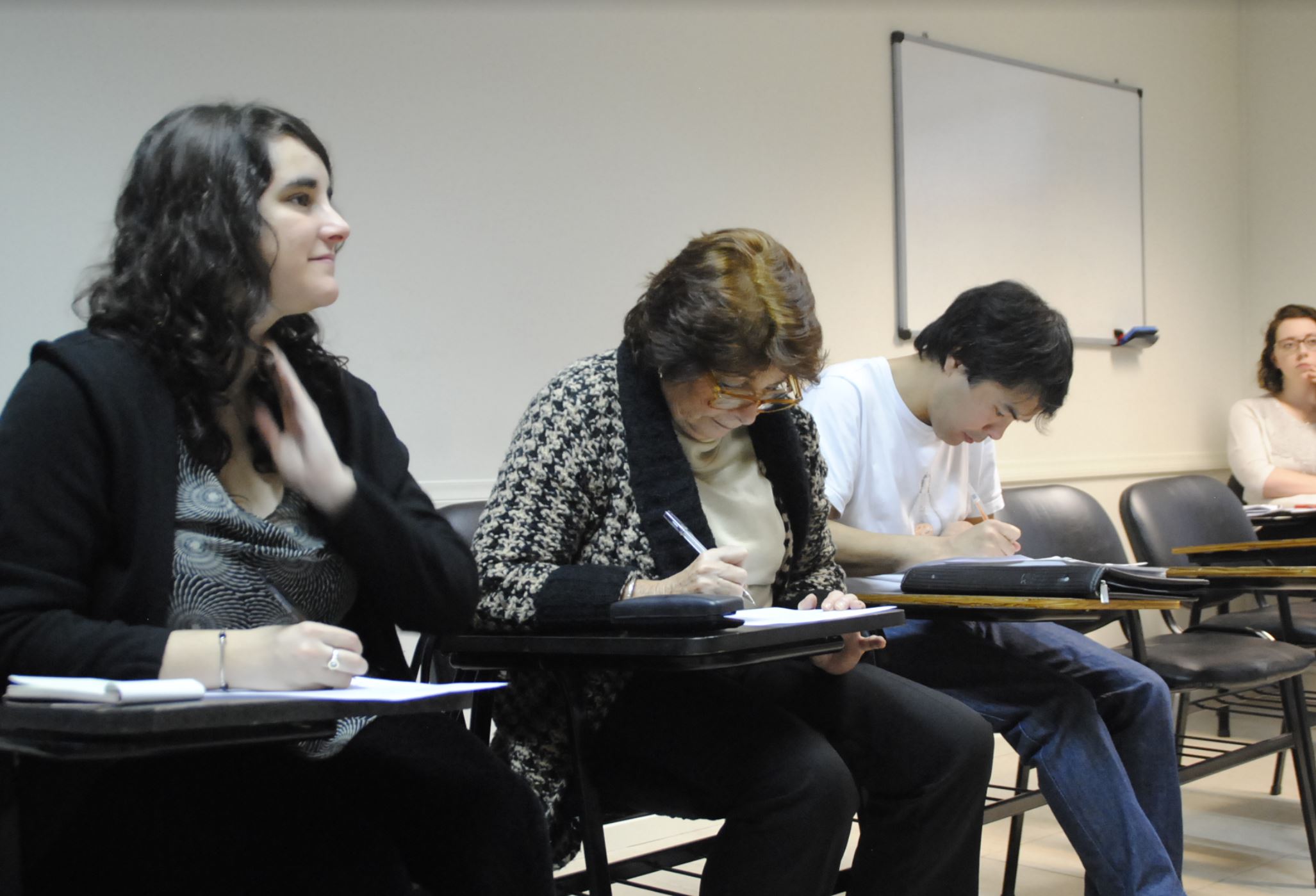Questions to ask in your TEFL interview
You might think that TEFL interview is all about being quizzed. But what if we told you it was a chance for you to do some quizzing, too? Yes sir, there’s certainly something to be said for looking at that dreaded Q&A session in your prospective school as an opportunity; a chance to see what it’s like to work there, to understand a little of what’s taught, to get a feel for the equipment and support that’s available to you. That’s where this handy list of questions you might want to consider asking comes in. Think about asking them if you’re given the chance…

What technology and equipment do you make available to teachers?
Some schools will be kitted out like Dr Who’s Tardis, with whirligigs and whatnots, gadgets and gizmos in every corner of every classroom. Others will be downright rustic affairs, with a dusty chalkboards and ramshackle tables. One of the great challenges of TEFL teaching is being able to deal with the equipment that’s thrown your way, but that doesn’t mean you can’t prepare for it. Asking about what gear a school has at an interview stage is a good way to show you’re up for the task, flexible, and professional.
What textbooks do you work from?
If it looks like you’ll be taking the job, there’s arguably no more important thing to get a feel for than your would-be school’s curriculum. In institutions from Poland to the Philippines, that’s often about getting to grips with a particular textbook. In fact, it’s common for the study plan for the whole term to follow the chapters of resource books. Getting that info early means you can whiz up on any you aren’t familiar with and start doing some preliminary work to see what other teachers feel the pros and cons of said textbooks are.

Do you work towards particular English language exams?
Ah, the dreaded end-of-term exam. Some schools love them, some schools don’t do them, some schools have to do them. You’ll soon get a feel for the ins and outs of exam period when you hit the classroom, no matter if you’re in a state school in China or a private business-English school in Europe. The chances are, there’s going to be some sort of assessment to ensure pupils are making progress. It’s important you know exactly what that assessment is, so you can tailor future lesson plans accordingly.
Are there regular teacher assessments?
Exams for learners aside, there’s also a chance that your school will want to measure your progress throughout the year. Cue the observation class. Some places will do this more than others, and some won’t do it at all. It’s a good question to ask at the interview stage because it shows you’re aware of the processes behind professional development. And it will give you plenty of time to prep for the observation lesson in the future.

What professional development opportunities do you have?
Every TEFL teacher should always strive to stay abreast of changes in the industry, to train and re-train their skills, and to learn new ways of teaching and sharing the English language. To do that, you’ll need to throw your weight behind professional development. Now, it might be that you join a school that doesn’t have much of a focus on this, and that’s okay – though you might want to consider signing up to online newsletters and blogs and even extra courses to keep honing your tutoring abilities. Other schools will have their own programs and training schedules open to employees. Asking about them shows you’re interested and gets your foot in the door for future development courses.
Of course, there are oodles more questions that you can think about asking in a TEFL interview, not least of all about pay and holidays! If you’re a TEFL veteran and have anything to add, we’d love to hear about it in the comments below. Alternatively, if you’re ready to get TEFL qualified, be sure to check out our courses page.

